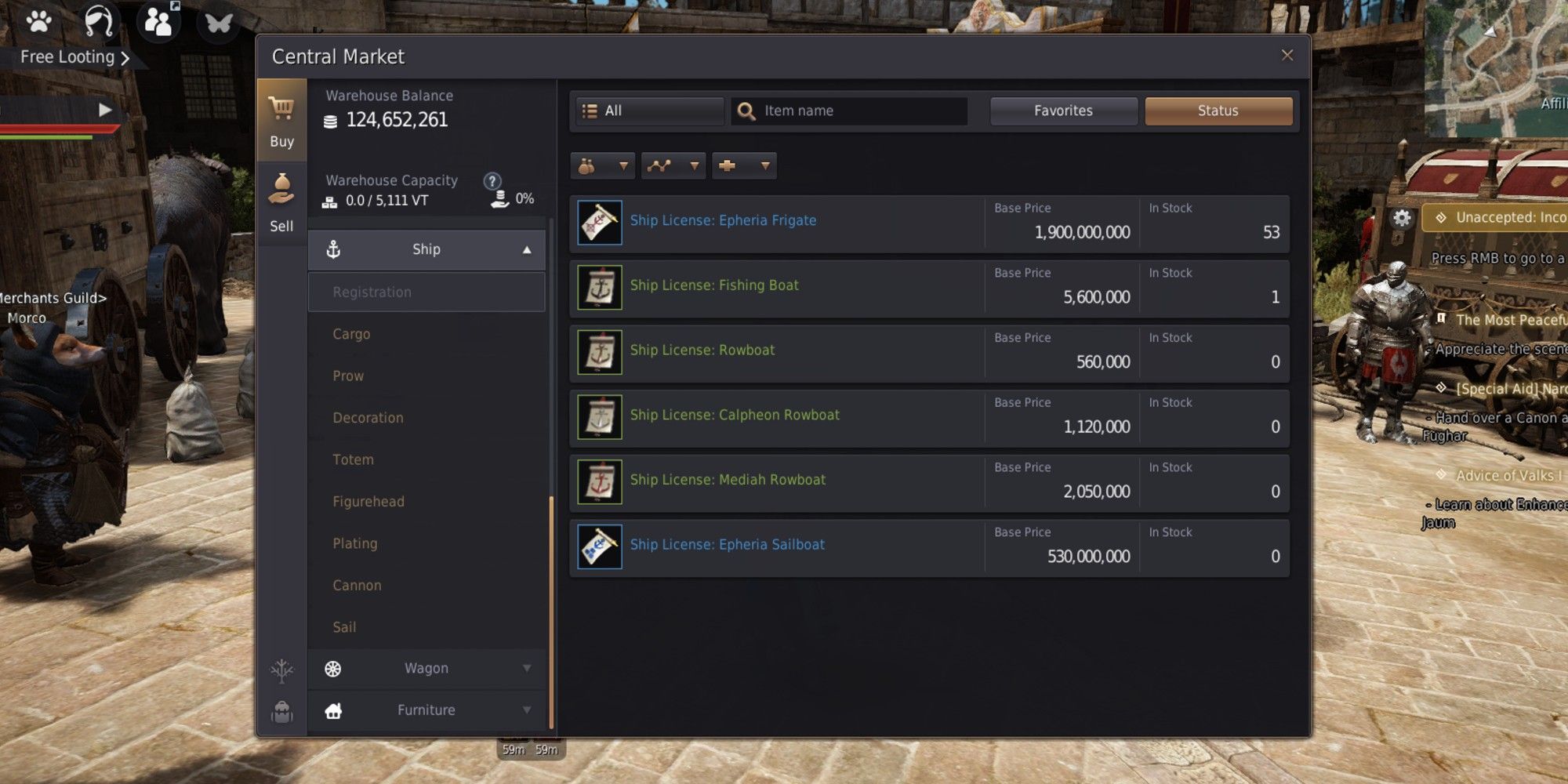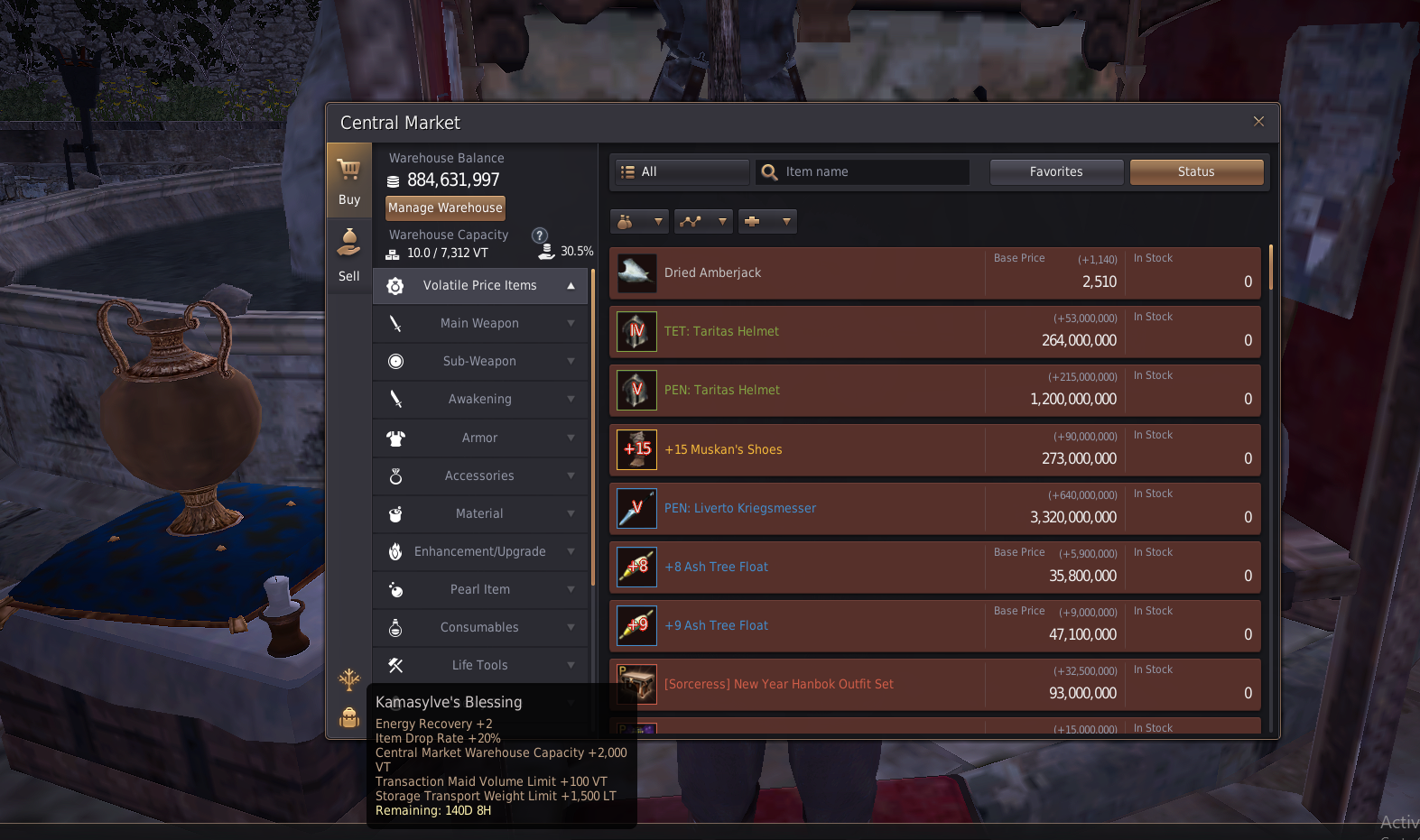

In September 2019, a spike in the overnight repo market interest rate caused the Federal Reserve to introduce a fourth round of quantitative easing the balance sheet would expand parabolically following the stock market crash. The Federal Reserve has expanded its balance sheet greatly through three quantitative easing periods since the financial crisis of 2007–2008.

The International Monetary Fund had pointed to other mitigating factors seen pre-pandemic, such as a global synchronized slowdown in 2019, as exacerbants to the crash, especially given that the market was already vulnerable. Global economic shutdowns occurred due to the pandemic, and panic buying and supply disruptions exacerbated the market. However, in 2020, the COVID-19 pandemic, the most impactful pandemic since the Spanish flu, began, decimating the economy. Global unemployment was at its lowest in history, whilst quality of life was generally improving across the world. The 2020 stock market crash followed a decade of economic prosperity and sustained global growth after recovery from the Great Recession. The crash signaled the beginning of the COVID-19 recession.

market indices did not return to January 2020 levels until November 2020. The crash caused a short-lived bear market, and in April 2020 global stock markets re-entered a bull market, though U.S. The IMF blamed 'heightened trade and geopolitical tensions' as the main reason for the slowdown, citing Brexit and the China – United States trade war as primary reasons for slowdown in 2019, while other economists blamed liquidity issues. Global growth was believed to have peaked in 2017, when the world's total industrial sector output began to start a sustained decline in early 2018. Weakness was exhibited in the consumer market as global markets began to suffer through a 'sharp deterioration' of manufacturing activity. ĭuring 2019, the IMF reported that the world economy was going through a 'synchronized slowdown', which entered into its slowest pace since the Great Recession. Treasuries market when setting monetary policy may be having the perverse effect of making inverted yield curves less predictive of recessions. Under Secretary of the Treasury for International Affairs Nathan Sheets suggested that the attention of the Federal Reserve to the inversion of the yield curve in the U.S. In noting decisions by the FOMC to cut the federal funds rate by 25 basis points three times between 31 July and 30 October 2019, on 25 February 2020, former U.S. The curve did not return to normal until 3 March when the Federal Open Market Committee (FOMC) lowered the federal funds rate target by 50 basis points. Treasuries would not invert again until 30 January 2020 when the World Health Organization declared the COVID-19 outbreak to be a Public Health Emergency of International Concern, four weeks after local health commission officials in Wuhan, China announced the first 27 COVID-19 cases as a viral pneumonia strain outbreak on 1 January. Daly) argued that inverted yield curves may no longer be a reliable recession predictor. Through 2019, while some economists (including Campbell Harvey and former New York Federal Reserve economist Arturo Estrella) argued that a recession in the following year was likely, other economists (including the managing director of Wells Fargo Securities Michael Schumacher and San Francisco Federal Reserve President Mary C. Treasury securities inverted, and remained so until 11 October 2019, when it reverted to normal. The 2020 stock market crash was a major and sudden global stock market crash that began on 20 February 2020 and ended on 7 April.īeginning on, the yield curve on U.S. COVID-19 pandemic–induced market instability.Movement of the Dow Jones Industrial Average (DJIA) between January 2017 and December 2020, showing the pre-crash high on 12 February, and the subsequent crash during the COVID-19 pandemic and recovery to new highs to close 2020.


 0 kommentar(er)
0 kommentar(er)
